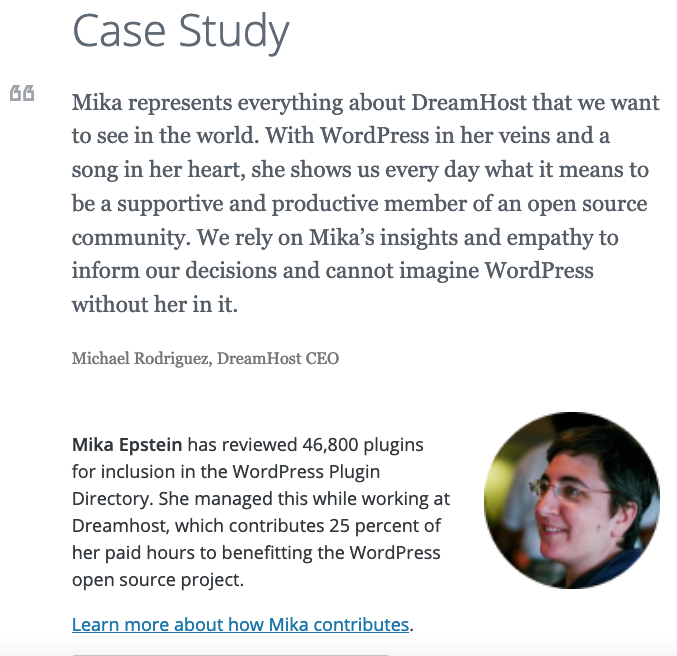The BBQ Firewall Plugin for WordPress Isn’t a “Strong Firewall”
A clear takeaway of of our testing to see if WordPress security plugins can protect against vulnerabilities in other plugins, is that the developers of these plugins are making inaccurate, to highly inaccurate, claims about the protection they can provide. One of those plugins, which we took a closer look at while addressing a question from someone, is the plugin BBQ Firewall. That plugin has 100,000+ installs, according to the wordpress.org stats.
In one of the most recent topics on the support forum for it, the developer claimed it is a “strong firewall”: [Read more]
